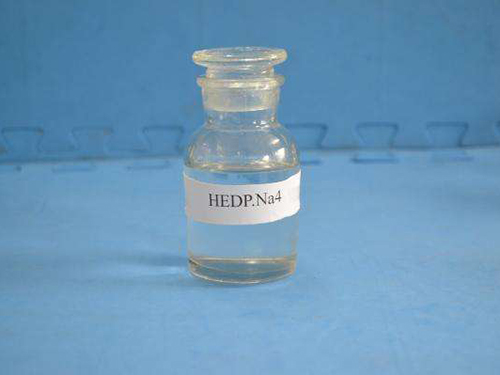Exploring the Top Flocculant Manufacturers for Effective Water Treatment Solutions and Applications
The Role of Flocculant Manufacturers in Water Treatment and Environmental Protection
Flocculants play a crucial role in various industries, particularly in water treatment processes. These chemical agents help in the agglomeration of fine particles into flocs, which can then be easily separated from liquids. The importance of flocculant manufacturers cannot be overstated, as they provide the necessary materials that facilitate the purification of water and wastewater, thus promoting environmental protection and public health.
Flocculants are used extensively in municipal water treatment facilities, where they assist in clarifying drinking water by removing suspended solids, organic matter, and other impurities. The process typically involves the addition of flocculants to the water, which causes fine particles to clump together into larger aggregations or flocs. These flocs can then be removed through sedimentation or filtration processes. By collaborating with flocculant manufacturers, water treatment plants can ensure they are using the most effective products tailored to their specific needs.
Moreover, flocculant manufacturers invest significantly in research and development to create innovative products that enhance efficiency and effectiveness in water treatment. With advancements in technology, manufacturers are producing eco-friendly and biodegradable flocculants. This shift away from traditional chemical formulations reflects a growing awareness of environmental issues and regulatory pressures. The production of sustainable flocculants reduces the chemical load on ecosystems, thereby protecting aquatic life and improving overall water quality.
In industrial applications, flocculants are essential in sectors such as mining, pulp and paper production, and food processing. In the mining industry, for instance, flocculants aid in the separation of valuable minerals from waste materials, improving resource recovery rates. Similarly, in the pulp and paper industry, flocculants help in the clarification of process waters, preventing the release of harmful pollutants into the environment. Flocculant manufacturers work closely with these industries to optimize their formulations, ensuring that they meet the required standards for safety and efficacy.
flocculant manufacturer

The demand for flocculants is also being driven by regulatory changes and global initiatives aimed at improving water quality and management. Governments and environmental agencies are imposing stricter regulations on wastewater discharge, prompting industries to seek effective solutions to comply with these mandates. Flocculant manufacturers are thus in a pivotal position to support industries in achieving compliance while minimizing their environmental footprint.
Furthermore, the flocculant market is becoming increasingly competitive, with numerous manufacturers vying for market share. This competition fosters innovation and lower prices, which ultimately benefits consumers. Manufacturers are continually experimenting with different polymer structures and formulations to create more efficient products that meet specific requirements across various industries.
The global landscape is also witnessing a rise in investment and partnerships among flocculant manufacturers. Collaborations with research institutions and environmental organizations are becoming more common, as these alliances drive the development of advanced flocculation technologies. These efforts not only enhance product offerings but also contribute to a more sustainable and environmentally responsible approach to water treatment.
In conclusion, flocculant manufacturers are integral to the effective treatment of water and wastewater, playing a vital role in safeguarding public health and protecting the environment. By producing innovative and sustainable products, these manufacturers help industries comply with regulations and improve their environmental performance. As the global focus on water quality intensifies, the role of flocculant manufacturers will continue to evolve, adapting to meet the needs of various sectors while promoting a greener, more sustainable future.
-
Water Treatment with Flocculant Water TreatmentNewsJun.12,2025
-
Polymaleic AnhydrideNewsJun.12,2025
-
Polyaspartic AcidNewsJun.12,2025
-
Enhance Industrial Processes with IsothiazolinonesNewsJun.12,2025
-
Enhance Industrial Processes with PBTCA SolutionsNewsJun.12,2025
-
Dodecyldimethylbenzylammonium Chloride SolutionsNewsJun.12,2025





